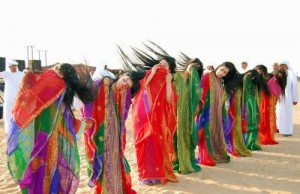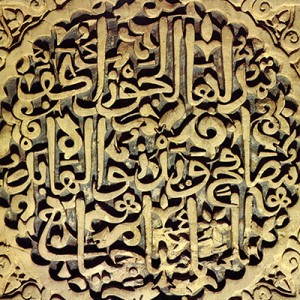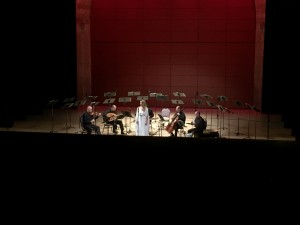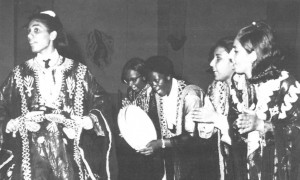During this year’s Thanksgiving break, I got to do something that I had not done before: go home.
I took a few days off before the break, got excuses from my professors and headed home to attend a family wedding.
It was lots of fun, I had a ball and was so glad that I got to visit everyone a few weeks early! Which is not to say that it wasn’t stressful! I was working on school work almost round the clock, literally had my laptop with me while I was doing my hair at the saloon and until we pulled up into the ballroom! I told all my friends not to really think of me being back yet and that I couldn’t visit them until I was back during winter break.
And yet –
worth it. So worth it. Seeing my family, seeing my cousin get married, not missing a family event, being with my parents again, it was all so wonderful!
I also got to do one of the greatest things: listen to Arabic music at a wedding.
I am very, very fond of Kuwaiti music. It’s different than other Arabic music from Al Shaam countries, it’s more dancey, the vernacular is Kuwaiti slang, the drumming stronger and louder, the songs moving and communal.
And the here is one of my favorite songs شويخ من ارض مكناس.
https://www.youtube.com/watch?v=LCye2iuXSvw&feature=youtu.be&t=8s
As well as another oldie that is now on constant repeat مفتون قلبي في هوى الغزلان (seen under this post).
That’s why it was a very pleasant surprise to me that the first weekend I was back, the first Arts event back, was an Arabic music event!
Hosted by Al Bustan Seeds of Culture presented a famed Palestinian singer, Dalal Abu Amneh, backed by a chorus, and Arabic musical instruments, I felt the same draw to home.
The mere sight of al Oud was enough to make me hold back tears. The drum solo at the end, where all of us were clapping along with the drummer, was pure echiliratation to me. If you’ve watched the music videos I attached above, Kuwaiti music has a lot of rhythmic clapping and contrasted arrhythmic clapping which makes up a large part of the music. To participate in it in Bryn Mawr was a great feeling.
Al Bustan aims to “plant the seeds of cross cultural understanding” and having Arabic music brought to Bryn Mawr rooted me Kuwait and Bryn Mawr, my two homes.
I hope to see more Arabic performances here again. This performance alone almost stretched Goodhart to its full capacity, so there is a definite enjoyment from not only me but other community members for Arabic music!





